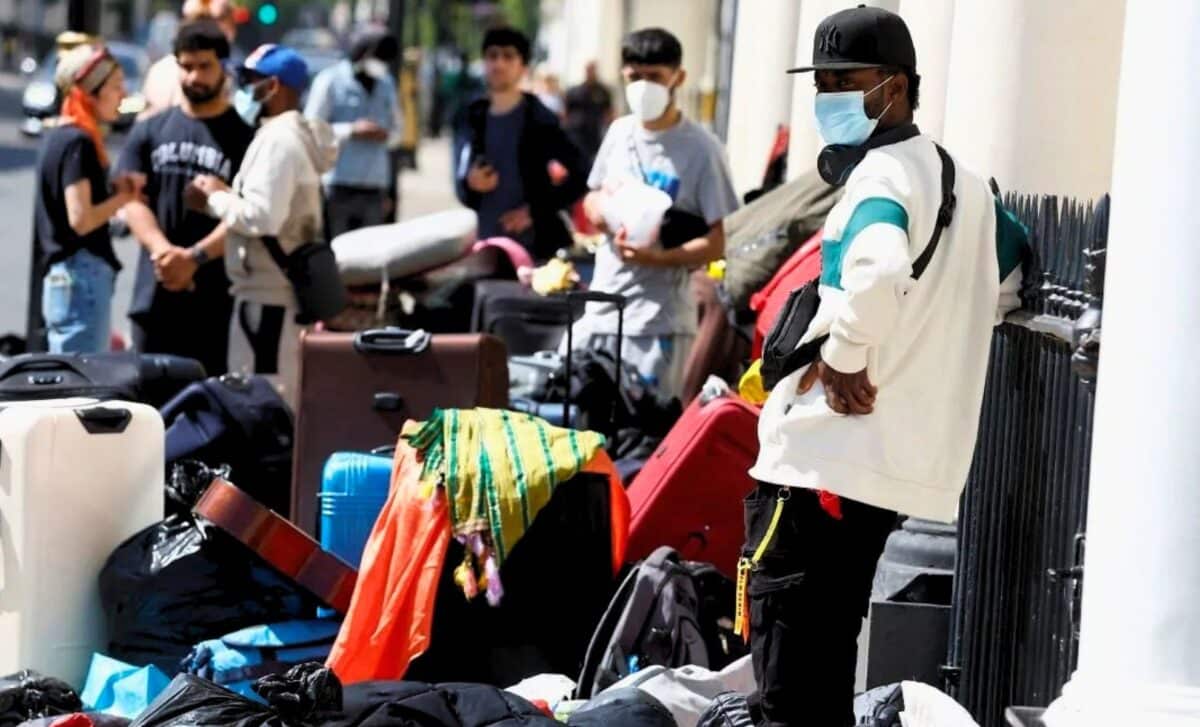This issue highlights a critical gap in the system, where newly recognised refugees, despite gaining the right to live and work in the UK, face a stark reality of homelessness. The situation calls for immediate systemic changes to address the growing pressures on councils and the vulnerable individuals they aim to support.
Rising Numbers Highlight Systemic Gaps in Refugee Support
In the first nine months of 2024, 99 local councils reported more housing requests from homeless refugees than during the entirety of 2023. Figures shared by the refugee charity Care4Calais reveal that 19,472 migrants sought council assistance for emergency housing after being evicted from Home Office accommodations in 2023. By September 2024, this figure had already reached 18,002.
The Home Office’s quicker decision-making process, which has accelerated the granting of refugee status, is partly to blame for the increase. However, because refugees are sometimes given only 28 days to go from supported accommodation to independent living—a timeframe that many organizations contend is insufficient—this acceleration has unintentionally made homelessness worse. In December 2024, a 56-day interim extension was proposed, providing some respite but not enough to address structural issues.
Steve Smith, CEO of Care4Calais, described the trend as a “frightening acceleration” and emphasised the urgent need for understanding changes to prevent homelessness among newly recognised refugees.
Local Councils Struggle to Cope with Demand
The mounting pressures on local authorities are stark. Among the 278 councils responding to data requests, 65 had already matched their 2023 figures for homeless refugee support by October 2024. Many councils find it challenging to meet the demand for housing, particularly when refugees do not fall into priority need categories, such as families with children or those with severe health conditions.
Government efforts to mitigate the crisis include exploring alternative accommodation solutions, such as disused care homes and student housing, and allocating nearly £1 billion for homelessness prevention services in 2025. However, the Local Government Association has warned that these measures, while helpful, may not suffice to address the underlying issues driving the crisis.
A government spokesperson stated: “And while we have inherited huge pressures in the asylum system, the government is also working with local authorities and organisations like Migrant Help to try to ensure that individuals leaving asylum accommodation after being granted refugee status or leave to remain receive the support and advice they need to mitigate the risks of falling into homelessness.”
Refugee advocates and local authorities stress the importance of extending transitional support and increasing the availability of affordable housing. They emphasise the need for concerted measures across all levels of government and society to ensure that individuals seeking protection in the UK are not placed at risk of homelessness.









